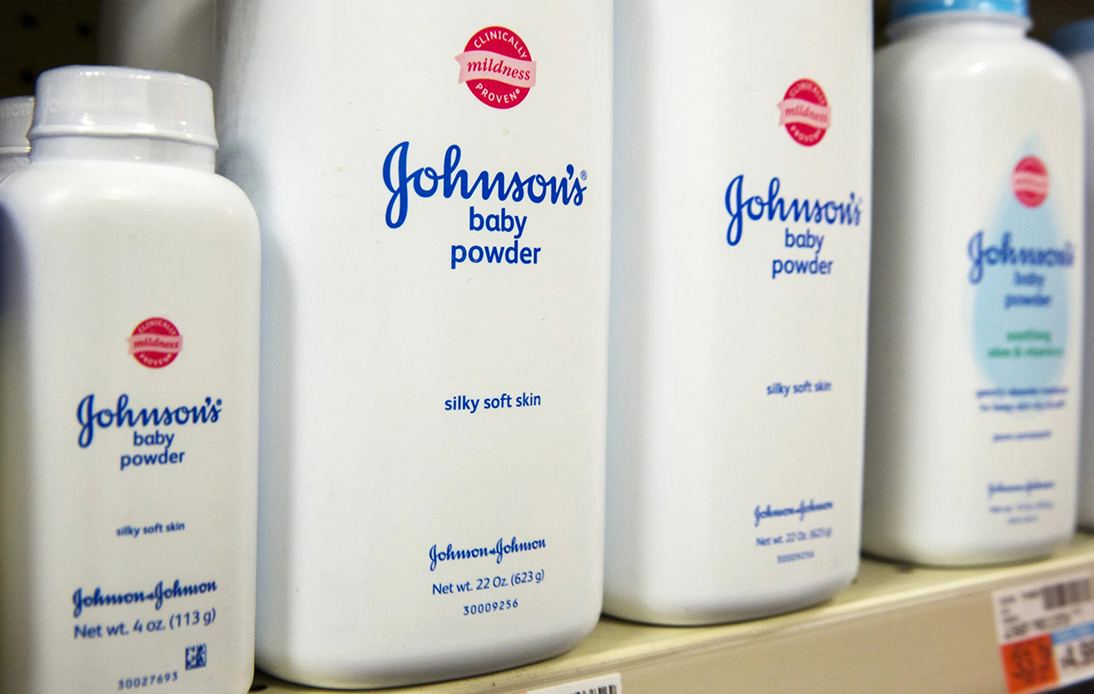
Next year, Johnson & Johnson will stop producing baby powder with talc, switching to cornstarch to manufacture the product.
The move came after tens of thousands of women revealed they had acquired ovarian cancer after using conventional talcum powder, which hasn’t been commercialized in the United States and Canada since 2020.
Johnson & Johnson claims that it is still confident in the product’s safety. However, the business announced in a statement that it would stop selling talc-based powder globally in 2023 as part of an international “portfolio examination.”
In a statement issued Friday, the company stated: “We continuously evaluate and optimize our portfolio to best position the business for long-term growth.
“This transition will help simplify our product offerings, deliver sustainable innovation, and meet the needs of our consumers, customers, and evolving global trends,” it went on.
A few talcum powder manufacturers have added warning labels to their products. However, Johnson & Johnson (JNJ) opposed the move, saying that a warning label would be confusing because it stood behind its product.
According to some scientific research, using talc in the vaginal area has been linked to an increased risk of ovarian cancer in women.
The corporation had been targeted by lawsuits that claim the asbestos in their talcum powder are carcinogenic. Reports say it faces around 38,000 lawsuits from survivors.
In 2018, a jury in St. Louis found the manufacturer liable, discovering that it was negligent in failing to inform customers of any potential health hazards associated with its baby powder. Johnson & Johnson was asked to pay $4.7 billion.
The company said its position on its cosmetic talc’’ safety remains unchanged. “We stand firmly behind the decades of independent scientific analysis by medical experts around the world that confirms talc-based Johnson’s Baby Powder is safe, does not contain asbestos, and does not cause cancer,” the statement added.
However, a 2018 Reuters investigation found that internal corporate documents, trial testimony, and other evidence revealed that Johnson & Johnson’s finished powders and raw talc occasionally tested positive for trace levels of asbestos from at least 1971 through the early 2000s.




















